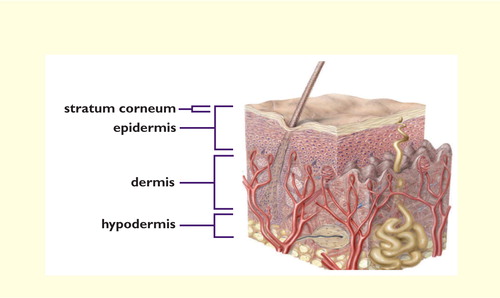
Proper hydration plays a vital role in maintaining gut health and facilitating the healing of ulcers. This blog will explore why hydration is crucial for ulcer patients, provide recommendations for fluid intake, offer hydration tips, and discuss how to recognize signs of dehydration.
Why Hydration Is Crucial for Gut Health
Hydration is fundamental to the body’s overall functioning, and it has a particularly significant impact on digestive health:
- Maintaining Mucosal Integrity: The gastrointestinal tract is lined with a mucosal barrier that protects against damage from stomach acid and harmful pathogens. Adequate hydration helps maintain the integrity of this mucosal barrier, reducing the risk of ulcer formation and promoting healing.
- Promoting Digestion: Water is essential for digestion and nutrient absorption. It aids in breaking down food, allowing for better nutrient availability and digestion, which is crucial for individuals recovering from ulcers.
- Facilitating Nutrient Delivery: Proper hydration ensures that essential nutrients are transported effectively throughout the body, supporting the healing process and overall health.
- Diluting Stomach Acid: Staying hydrated can help dilute stomach acid, reducing irritation to the stomach lining and aiding in symptom relief for ulcer patients.
Recommended Fluid Intake for Ulcer Patients
While individual fluid needs can vary based on factors like activity level, age, and climate, general guidelines suggest:
- Daily Water Intake: Aim for at least 8-10 cups (64-80 ounces) of water per day. This includes all beverages and water-rich foods.
- Adjustments for Activity: Increase fluid intake if engaging in physical activity, sweating, or if living in a hot climate.
- Listening to Your Body: Pay attention to your thirst signals and drink when you feel thirsty, as this is a natural indicator of your hydration needs.
Hydration Tips
Incorporating hydration into your daily routine can be straightforward and enjoyable:
- Water-Rich Foods: Include fruits and vegetables with high water content in your diet. Options like cucumbers, watermelon, oranges, strawberries, and leafy greens can contribute significantly to your overall fluid intake.
- Herbal Teas: Non-caffeinated herbal teas can be a soothing alternative to water, providing hydration without the acidity of caffeinated beverages.
- Limit Caffeine and Alcohol: Caffeinated drinks (like coffee and sodas) can lead to dehydration and irritation of the stomach lining, while alcohol can worsen ulcer symptoms. Try to limit these beverages and choose hydrating options instead.
- Set Reminders: If you struggle to drink enough water throughout the day, consider setting reminders on your phone or using a water bottle with marked measurements to track your intake.
- Infuse Your Water: To make hydration more enjoyable, infuse your water with fresh fruits, herbs, or cucumber for added flavor without added sugar.
Recognizing Signs of Dehydration
It’s important to recognize the signs of dehydration, especially for ulcer patients, as dehydration can exacerbate symptoms and hinder the healing process. Common signs include:
- Thirst: Increased thirst is one of the first signs of dehydration. If you feel thirsty, it’s essential to drink water.
- Dry Mouth and Skin: A dry or sticky mouth, along with dry skin, can indicate dehydration.
- Fatigue: Feeling unusually tired or lethargic can be a sign of inadequate hydration.
- Dizziness or Lightheadedness: Low fluid levels can lead to feelings of dizziness, especially when standing up quickly.
- Reduced Urination: Dark-colored urine or a decrease in urination frequency can signal that your body is not receiving enough fluids.
Conclusion
Hydration is a crucial component of ulcer healing and overall gut health. Ensuring adequate fluid intake can help maintain mucosal integrity, promote digestion, and facilitate nutrient delivery. By following recommended fluid intake guidelines, incorporating water-rich foods, and recognizing signs of dehydration, ulcer patients can support their recovery and enhance their well-being. Always consult your healthcare provider for personalized hydration recommendations, especially if you have specific health concerns or conditions. Staying hydrated is a simple yet effective way to aid in the healing process and improve your digestive health.

